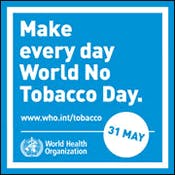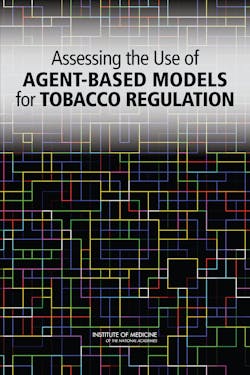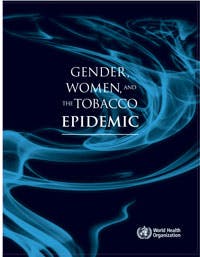It is well-known that tobacco use causes major morbidity and mortality. People who smoke die at a rate 2 to 3 times higher than those who have never smoked. (1) In fact, the life expectancy of smokers is at least 10 years shorter than that of never-smokers, but stopping before the age of 40 years reduces the risk of death connected with continual smoking by about 90%. (2) A new study purports that the rates may even be higher than predicted, and that smoking in particular may cause a multitude of other diseases not currently linked to tobacco use. (1) This article will review recent findings in the area of tobacco use, policies, and regulations.
READ MORE | Never too late: The newest in tobacco cessation
A recently published study funded by the American Cancer Society states that “a substantial portion of the excess mortality among current smokers between 2000 and 2011 was due to associations with diseases that have not been formally established as caused by smoking.” (1) Diseases that have been established as caused by smoking are cancer, stroke, coronary heart disease, chronic obstructive pulmonary disease (COPD), and others. The study included 421,378 men and 532,651 women 55 years of age or older. (1) The study authors discuss the need for professionals to talk about tobacco cessation with patients, and urge government representatives to pass laws and regulations that support cessation programs, and to provide the resources to enforce them. Professionals and beaurucrats need to expend more energy and strength to curb the efforts of the tobacco industry, whose goal is to addict young smokers and insure that those already smoking continue to do so.
- “Women and Tobacco Use,” The American Lung Association
- “Women and Tobacco: Essential Facts,” Tobacco Free Kids
- “Gender, women, and the tobacco epidemic,” the World Health Organization
- “Smoking Cessation for Pregnancy and Beyond: A Virtual Clinic,” the American College of Obstetricians and Gynecologists and the CDC
Let’s help make every day a “no tobacco” day!
References
1. Carter BD, Abnet CC, Feskanich D, et al. Smoking and mortality—Beyond established causes. N Engl J Med. 2015;372:631-40. doi: 10.1056/NEJMsa1407211.
2. Jha P, Ramasundarahettige C, Landsman V, et al. 21st-century hazards of smoking and benefits of cessation in the United States. N Engl J Med. 2013; 368:341-50. doi: 10.1056/NEJMsa1211128.
3. Wallace R, Geller A, Ogawa VA (eds); Committee on the Assessment of Agent-Based Models to Inform Tobacco Product Regulation; Board on Population Health and Public Health Practice; Institute of Medicine. Assessing the Use of Agent-Based Models for Tobacco Regulation. Washington, DC: The National Academies Press. In press. http://www.nap.edu/openbook.php?record_id=19018.










